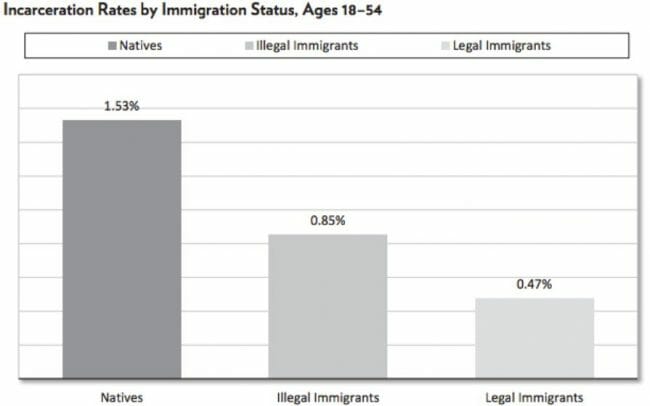My Guesses About $TSLA, and Why @TSLA Shareholder May Be Presented with a Bad Deal
@Elonmusk is facing real blowback for his management buyout by tweet the other day, in particular for two words: "funding secured." Many, including myself, doubt he really had tens of billions of dollars of funding secured at the time, particularly since all bankers and likely sources of funding as well as most large Tesla shareholders had never heard of any such transaction when contacted by the media. The SEC is now looking into this and other Musk corporate communication practices. If he lied in the tweet, perhaps to get revenge on the short-sellers he hates with an irrational passion, he could be in deep, deep legal poop, up to and including jail.
Let's play a game. Let's assume he did NOT have funding secured at the time he tweeted this, and now is running scared. What can he do? One ace he has is that the board is in his pocket and (I hate to be so cynical about this) will likely lie their asses off to cover Musk. We already saw the dubious letter the other day, from "members of the board" rather than officially from the board, attempting to provide cover for Musk's tweets. This is not just a crony thing -- it is entirely rational for the company to defend Musk. He is, in my opinion, a terrible executive but he is the avatar that drives the fan boys and the stock price. The day that Musk leaves is the day that the company can really get its operational house in order but it is also the day the stock trades under $75.
So what can Musk do? Well, the first defense might be to release a statement like "when I said funding secured, I was referring to recent conversations with ______ [fill in blank, maybe with Saudis or the Chinese, call them X] and they told me that if we ever were looking for funds they would have my back." This is probably the best he could do, and Tesla would try to chalk it up to naivete of Mr. Musk to accept barroom conversation as a firm commitment. Naivite, but not fraud. I don't have any experience with the Feds on this kind of thing but my guess is that the SEC would expect that the CEO of a $50 billion public company should know the rules and legally wasn't allowed to be naive, but who knows, the defense worked for Hillary Clinton with her email servers.
But this defense is MUCH MUCH better if, in the next day or so, Tesla can announce a deal with X on paper with signatures. Then Musk can use the same defense as above but it has much more weight because he can say, see, they promised funding and I believed them when they said they had my back and here they have delivered.
The problem with this is it would be really a deal being crafted for tens of billions of dollars on a very short timeframe and with limited negotiating leverage (X will know that Musk NEEDS this deal). As a result, the deal is not likely to be a very good one. X will demand all sorts of extraordinary provisions, perhaps, for example, a first lien on all Tesla IP and a high breakup fee. I picture this more like the negotiation for bankruptcy financing, and in fact the IP lien was part of the financing deal Theranos made when it was going down the drain. But put yourself in Musk's shoes -- jail or bad deal?
And likely his conscience would be clear because this deal would be killed quickly by shareholders. That would be fine, because the purpose of the exercise would be to keep Musk out of jail, not to actually buy the company. Tesla shareholders will still get hosed, probably having to pay some kind of break-up fee which any sane investor X would insert as the price for participating in this farce. And we will go back to the starting point of all this, which is Tesla being public and focusing on operational improvement in what may be the most important operational quarter in its history.
Disclosure: I have in the past been short Tesla but have no position in it now (I did short when trading reopened the other day after Musk's announcement but covered this afternoon). I am not in any way, shape, or form giving any financial advice you should spend actual money backing.
